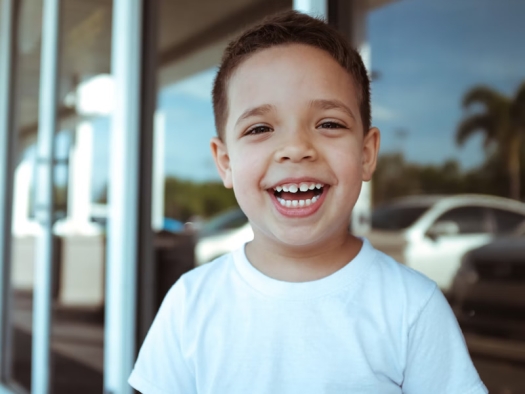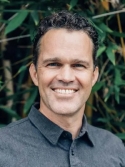BoyLaughing.jpg

Photo by Moses Vega / Unsplash License
In recent years, autism has become an ever present term in the landscape of our lives.
For a condition nearly unheard of in my childhood and rarely mentioned when raising my children (both born by the year 2000), today, autism is seemingly one degree of separation from every US household. So many of us have been touched in some way by this condition – whether your cousin, grandchild, child, or even another kid in your child’s playgroup.
Since 1975, autism spectrum disorder (ASD) has risen in prevalence from 1 in 5,000 children to 1 in 36 children in 2016. Over the last decade in the US, the rate has been doubling every 3-4 years, and we are on target to experience 1 in 3 children with ASD by 2035. There is no economy in the world that can withstand this level of disability.
If autism was the only disease we faced as a nation, we would become bankrupt through the support of this condition by 2035. Coupled with today’s rates in cancer, mood disorders, Parkinson’s, Alzheimer’s and all the other neurological conditions of our geriatric population, it is clear we are on the brink of collapse as a nation from this overwhelming cost and loss of productivity.
Improved diagnosis or increase in prevalence?
To diffuse this stunning reality, one of the most common things I hear is the proposition that we are becoming better at diagnosing autism or perhaps even over diagnosing it. While this argument might hold up in relation to the clinical diagnosis of an emerging condition, in my experience, it is nearly impossible that so many mothers and elementary school teachers over the last decades somehow missed this extraordinary prevalence of disordered speech, learning, and social development we see today.
For anyone who has had the opportunity to watch a preschool class of 10-15 kids or a K-4 grade classroom of 15-25 kids, surely you have witnessed this current published rate is a marked under-estimate of the true burden of this neurologic shift unique to industrialized nations. It is rare now to see a group of 10 kids without a couple of whom display the features of autism spectrum disorder – an observed prevalence much closer to the estimated 1 in 3 children that will have ASD by 2035.
Though autism spectrum disorder is now one of the most commonly diagnosed conditions in children today, the cause, nature of the condition, and resources for management and health recovery remain unknown among doctors and families alike. This unknowingness leads to a natural human condition of defensiveness among practitioners. The responses in this defensive posture range from denial among doctors, teachers, and parents, to the most dangerous, which is to blame the mother or the household in which the autism has appeared. The resulting hopelessness and adversarial relationship between families affected by autism and the potential support network for them has set us back at least a decade in our journey toward a holistic understanding of this condition.
Uncovering a brighter future
I truly believe autistic children are angels among us. These souls have chosen this journey to show us something critical – that we have so toxified our environment to now find ourselves on the brink of elimination of our own species. Nature always has a silver lining, though. Through proper support though, we can significantly improve the health, metabolism, and neurologic function of an autistic child, while protecting their intrinsic, extraordinary wiring.
We can also begin to understand autistic children as extraordinary individuals wired to see themselves, humanity, and the world differently. I believe it will be these children who reinvent technology and society itself for a regenerative nature. We must speed up our research and discovery of the resources that will raise this generation of kids to their fullest potential, and then we need to listen to them carefully.
It is my hope that if we come together as a scientific, medical, and global community to understand our relationship to the toxicity and the solutions at hand for these children, we will uncover a brighter future not only for those with ASD, but for our entire species and planet.
For more information go to zachbushmd.com.


